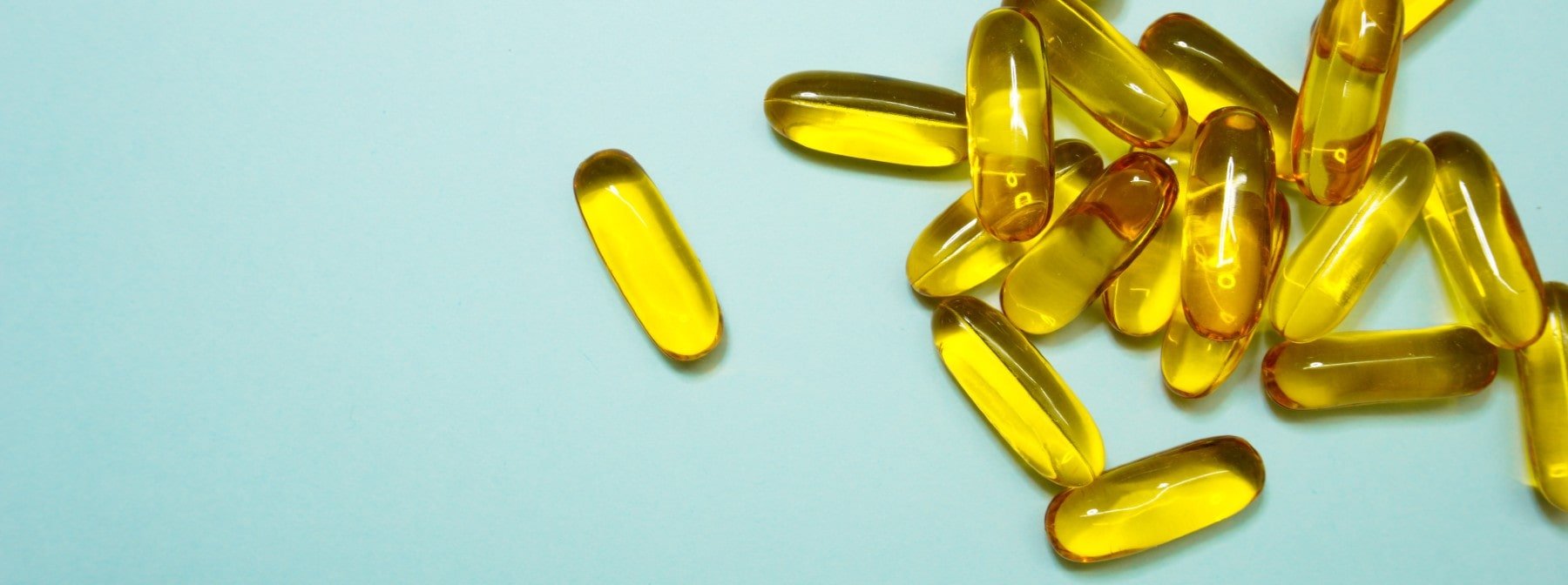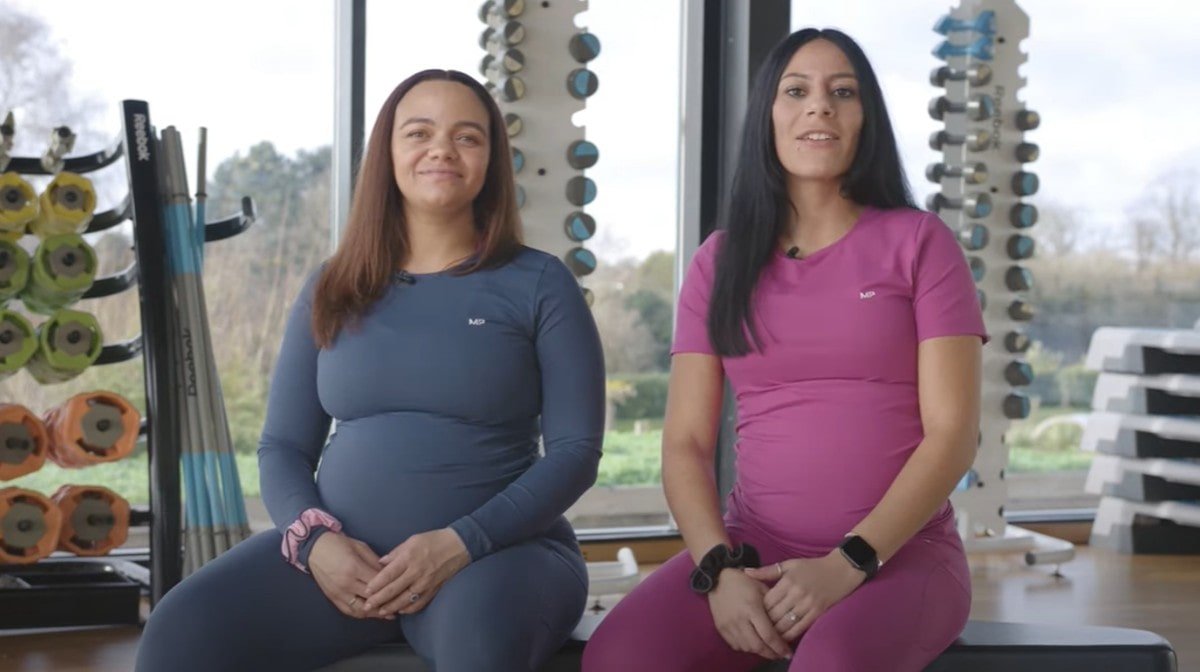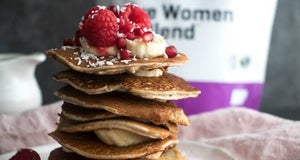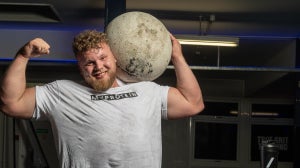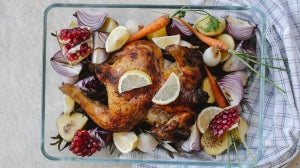
Generally speaking, men and women have similar nutritional needs, requiring the same carbohydrates, fats, and protein. But with differences in hormones and reproductive cycles, the micronutrient needs of men and women can differ.
If all of this sounds complicated already, don’t worry, Nutrition BSc and Myprotein senior product developer, Katie Brown, is on hand to clear up any confusion in this instalment of Nutritionist Explains.
Katie works specifically on Myvitamins products, so she really knows her stuff, especially when it comes to the vits on our shelves. Here are Katie’s top vitamins recommendation for women. Richie who?
Why are vitamins important?
Vitamins play a key role in keeping us fit and healthy and it’s important to include a wide variety in your diet. Vitamins will help to preserve immunity, produce energy and help us perform optimally. Different vitamins have different biological roles and some vitamins are more important than others. Both age and gender are key factors that will dictate specific vitamin requirements.
Do women need different vitamins to men?
For most vitamins, the requirements are the same between men and women with the daily dosage required dependant on body size. However, because of menstruation cycles, women have a higher requirement for vitamins involved in the production of red blood cells. These include iron, folate and B-vitamins. For example, between the ages of 19-50, women require nearly twice as much as iron as males.
As women age, specific vitamin requirements also change. Postmenopausal women require less iron with a daily requirement the same as males (8.7mg). With ageing, calcium and vitamin D become more important in order to keep bones healthy.
During pregnancy certain vitamins also become more important for women. These include folate, iodine and calcium as they each play key roles in the baby’s development. Calcium and iodine remain important for new mothers who are breastfeeding.
Best Vitamins for Women
Vitamin B12
Vitamin B12 is Katie’s first vitamin recommendation for women because the body can’t make it by itself. Katie says B12 is particularly important if you follow a vegetarian or vegan diet, as B12 is mostly found in animal sources like milk, eggs, meat and some fish.
B12 helps make red blood cells (the cells that move oxygen around the body). If you’re deficient in B12, Katie says you’ll likely be left feeling weak and tired, and you could even develop anaemia, where you have fewer red blood cells carrying oxygen than normal.
B12 also supports the brain and nervous system, and therefore plays a role in our emotions, meaning upping B12 could help with a more positive mindset if you’re deficient.
Vitamin B6
Vitamin B6 (also known as pyridoxine) helps the body form haemoglobin. As haemoglobin is crucial for energy, a lack of B6 may result in fatigue and tiredness, both common symptoms experienced during a woman’s period.
Food sources of B6 include pork, poultry soya beans, bananas, oats and milk. Its recommended women consume 1.2mg of vitamin B6 a day and it's advised that supplementation should not exceed 200mg a day.
Iron
A large amount of iron is stored in the haemoglobin of your red blood cells. The loss of blood during menstruation means there will be a loss of iron, which is why women between the ages of 19 and 50 need much more iron than males.
Due to its role in the production of haemoglobin, which carries oxygen around the body, iron is important for energy production deficiencies in iron may lead anaemia. Iron also plays a key role in the maintenance of a healthy immune system.
Iron & Folic Acid
Iron can be found in meat, tofu and green leafy veg, among other foods, but getting the recommended 18mg per day can be tricky without the help of a supplement.
Katie explains that like B12, iron is also “essential for red blood cell formation and the transportation of oxygen in the blood”. This is especially important for women as a lot will lose blood and iron during their periods. Again, much like B12, deficiencies in iron can cause anaemia, leaving you feeling dizzy, tired and weak. So supplementing iron could give you that boost of energy you need.
What’s so good about our Iron & Folic Acid supplement is that it’s made with added vitamin C, which aids iron absorption.
Active Women
Active Women is the ultimate all-rounder supplement. Featuring a blend of 18 essential vitamins and minerals, this supplement is “designed for you to feel your best every day”.
First up, Katie talks about vitamin C, “the OG of vitamins”, supporting immunity, psychological function and prevent tiredness. There’s also calcium for your bones, biotin for your hair, skin and nails, and chromium for macronutrient metabolism.
And the list goes on: there’s CoQ10 to support internal enzyme function, lutein to support eye health, and lipase and amylase to aid digestion.
Biotin
Katie explains that while hair loss is thought to be something that affects men, it’s estimated that “up to 50% of women will experience noticeable hair loss at some point in their lifetime”. That’s where biotin comes in.
Biotin is a vitamin of the B-complex, and is known as a heavyweight of the hair, skin and nails supplements, supporting all three to keep them looking and feeling healthy.
It’s a water-soluble vitamin, however, meaning it passes through the body quickly, so supplementing regularly is a great way to boost your levels.
Hyaluronic Acid
Skincare-lovers will know all about this supplement and its power to help lift the skin from dull to bright and dewy.
Hyaluronic acid is “a naturally occurring, moisture-retaining molecule in our skin, connective tissues, joints and muscles”. But our natural levels of hyaluronic acid decline as we age, so supplementing it will help restore your natural levels and keep you glowing from the inside out.
Vitamin D
Vitamin D's role ranges from immunity preservation to the function and recovery of muscles. It helps with the absorption of calcium meaning it helps with keeping bones and teeth healthy.
For women who are pregnant or breastfeeding, vitamin D’s role in calcium absorption may be particularly important as calcium is required for the baby’s development. As dietary sources of vitamin D are limited, our major source of vitamin D is the sun, it is more likely we will be deficient in the winter. This has led to recommendation of supplementing 1000iu of vitamin D during the chillier months.
Vitamin C
Vitamin C has a range of functions including the preservation of immunity, maintenance of healthy skin and help with wound healing. Vitamin C also allows the transport and absorption of iron. Vitamin C is found in a wide range of fruits and vegetables and between the ages of 19 and 64 you need 40mg a day.
Women's Multivitamins To Try
Multivitamin Gummies
It is a blend of 10 vitamins and minerals with a high vitamin C content which may help to preserve immunity. They come in delicious flavours such as strawberry and as they are chewable, they may be easier to consume if you struggle swallowing large tablets. Plus, they’re tasty so it’s much more difficult to forget to take them.
Vegan A-Z
It contains a blend of 22 vitamins and minerals which will help support metabolism and immunity and blended in a vegan friendly manner.
Take home message
While micronutrient requirements are more or less the same for everyone, it’s recommended women take more of certain supplements because of the physiological differences between them and men. Whether your goals is physical or mental wellbeing, or boosting energy, these five supplements are a great place to start.
READ THESE NEXT:
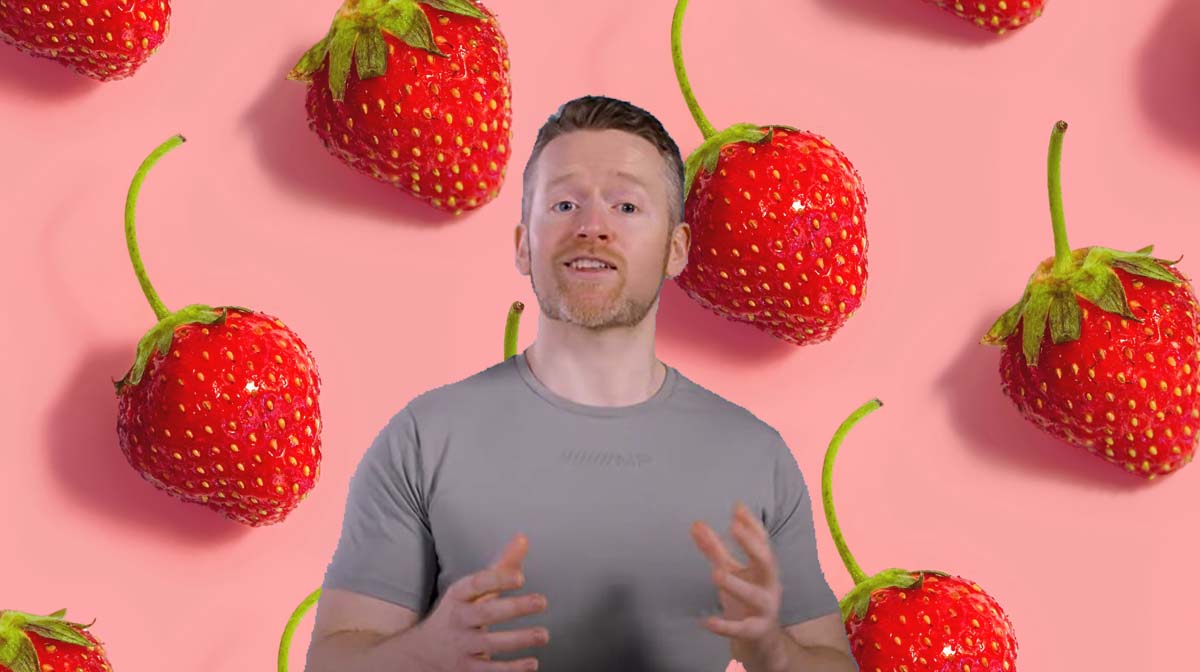
Maintain A Healthy Weight & Reduce Inflammation | Nutritionist Explains Fibre
There is way more to fibre than you realise.

Your Creatine Questions Answered By Nutritionist
Richie answers all of your burning questions.
Our articles should be used for informational and educational purposes only and are not intended to be taken as medical advice. If you're concerned, consult a health professional before taking dietary supplements or introducing any major changes to your diet.

